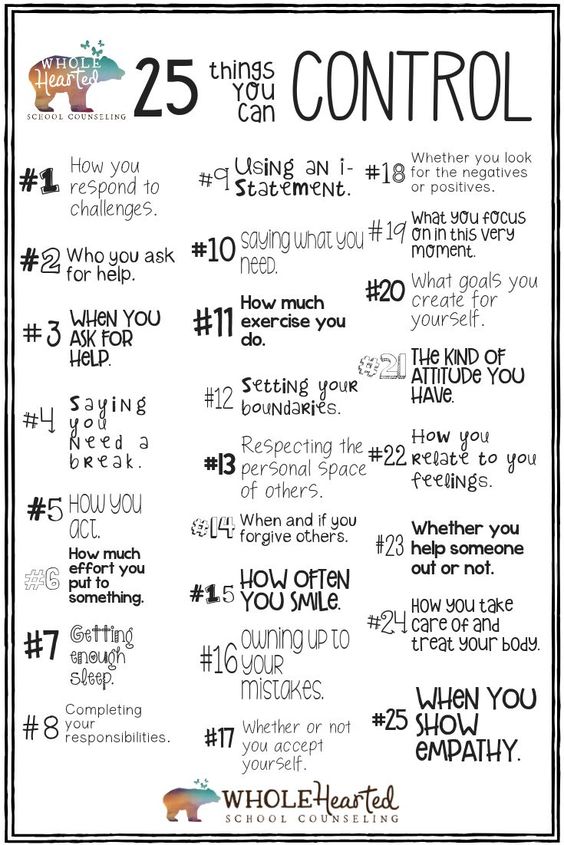A person’s ability to be aware of, control and express their own emotions as well as being cognizant of the emotions of others describes their emotional intelligence, often referred to as your Emotional Quotient (EQ).
You’ve heard of IQ… what’s EQ?
According to Psychology Today, Emotional Intelligence refers to five main emotional competency areas:
- Emotional self-awareness: recognizing, naming, and understanding the cause of one’s feelings
- Handling emotions appropriately: demonstrating productive options for managing stress and upsetting feelings rather than “acting-out” negatively
- Self-motivation: thinking, planning, and solving problems by using impulse control, frustration tolerance, and delayed gratification to reach a specific goal
- Empathy: recognizing and understanding emotions in others
- Social skills: handling emotions in relationships and interacting harmoniously with others.
High EQ as a job requirement
A machine can’t easily replace a human’s ability to connect with another human being, so those with EQs will always be in demand.
Companies know that employees who score well on emotional intelligence will not only be able to do the job but will also be better equipped to read workplace situations, get along with co-workers, collaborate and solve problems.
What is your EQ? How emotionally intelligent are you?
Check out this quick test and video by MindTools.



